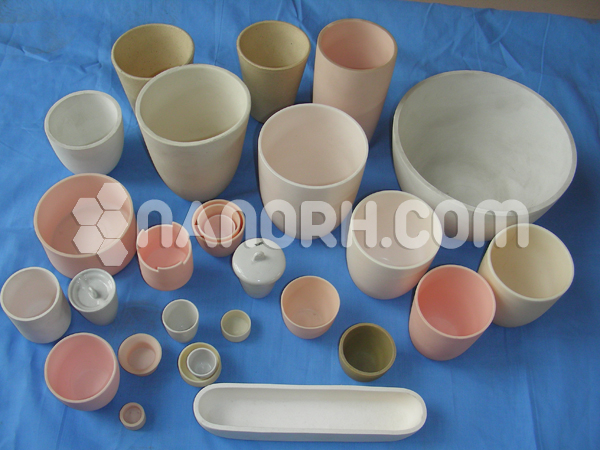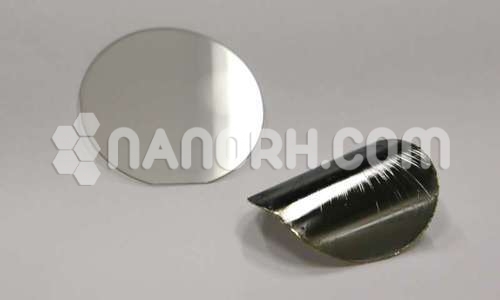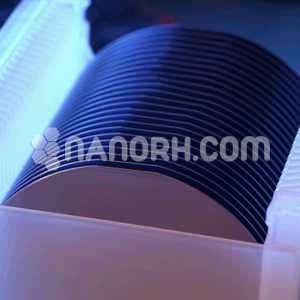| ZIRCONIUM OXIDE Crucibles | |
| Product No | NRE-47012 |
| CAS | 1314-23-4 |
| Purity | >99.9% |
| Capacity | 5ml |
| Thermal Conductivity | 2.6 W/m•K( 20°C) |
| Elasticity | 200 GPa |
| Hardness | 13.2 |
| Max Service Temp | 2200-2300 °C |
| Melting Point | 2715 °C |
| Boiling Point | 4,300 °C |
ZIRCONIUM OXIDE Crucibles
Introduction:
ZIRCONIUM OXIDE crucibles made from zirconium dioxide (ZrO₂), are specialized containers that exhibit remarkable thermal stability, high melting point (about 2,700°C or 4,892°F), and excellent resistance to thermal shock and chemical corrosion. These properties make ZIRCONIUM OXIDE crucible ideal for various high-temperature applications, especially in environments where purity and stability are critical. Their low thermal conductivity helps maintain consistent temperatures during processes, enhancing their usability in demanding industrial and laboratory settings.
Applications
Metallurgical Processes:
Melting and Casting: Used for melting non-ferrous metals and high-temperature alloys, ZIRCONIUM OXIDE crucible help maintain the purity of molten materials while resisting contamination.
Ceramic Sintering:
Employed in the sintering process for ceramics, where uniform heating and stability are crucial for achieving desired material properties.
Chemical Processing:
Handling Reactive Substances: Ideal for chemical reactions involving corrosive acids and bases. Zirconium oxide’s chemical inertness ensures that the crucible does not react with the materials being processed.
High-Temperature Research:
Utilized in laboratories for high-temperature experiments and materials testing, particularly in fields like materials science and physics, where thermal control and stability are essential.
Glass Production:
Applied in the manufacture of specialty glasses, where high temperatures and resistance to thermal shock are required during melting and shaping processes.
Biomedical Applications:
Used in the production of zirconium oxide ceramics for dental and orthopedic implants due to their biocompatibility and durability.
Thin Film Deposition:
Employed in semiconductor fabrication processes, where high purity and thermal stability are necessary for producing quality thin films.
Electrolytic Applications:
Utilized in the production of solid oxide fuel cells (SOFCs) and other electrolytic devices, where zirconium oxide’s properties enhance performance.





Reviews
There are no reviews yet.